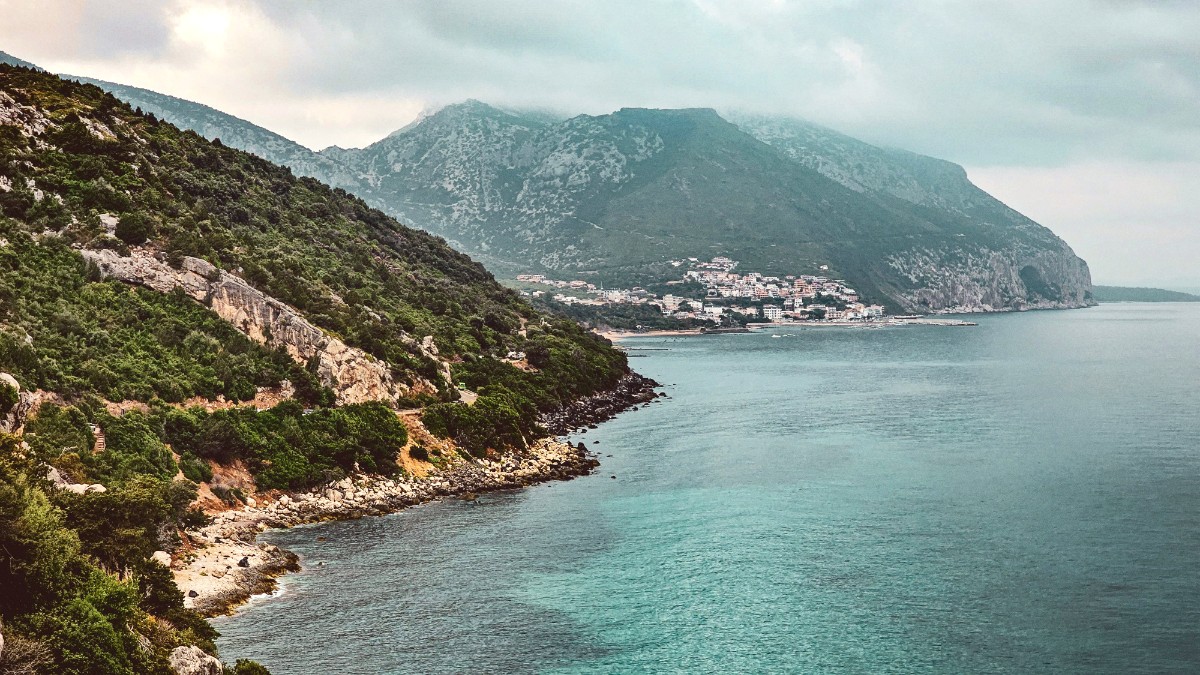
The Southeast, Brazil
Ilha Grande's tropical climate means warmth and humidity persist throughout the year. However, distinct seasons influence rainfall, temperatures, and visitor numbers, each providing a different experience.
Ilha Grande, part of the Costa Verde region, experiences a tropical monsoon climate. This translates to consistently warm temperatures but with noticeable variations in precipitation throughout the year. Humidity generally remains high.
High Season (Dec-Feb, holidays): The island buzzes with energy, water temperatures are warmest. Overcrowding, higher prices, and frequent heavy rainfall may occur.
Shoulder Season (Mar-May, Sep-Nov): A favorable balance of pleasant weather and smaller crowds. More reasonable prices and flexible availability for lodging. Excellent for hiking and beaches without congestion.
Be aware of specific climate patterns.
Common in summer. Carry a Light rain jacket or compact Poncho.
Heavy rains can make trails muddy, slippery, or impassable. Check local advisories.
Tailoring your visit for best results.
Low season (Jun-Aug) and shoulder season (May, Sep-Oct) offer cooler, drier trails.
Warmest water temperatures occur during high season (Dec-Mar).
June-August brings specific benefits.
Enjoy trails and beaches with minimal other visitors.
Accommodation, tours, and transfers typically have lower rates.
While generally sheltered, strong winds can occasionally influence boat travel, especially for longer distances or open-water crossings. Flexboat and ferry schedules might be delayed or altered in adverse weather conditions.
It is a good idea to check with operators the day before your planned sea transfer if the weather appears unsettled.
Ideal for active travelers, with minimal crowds.
Often provides better visibility for snorkeling and boat excursions.
Prices for everything typically reach their lowest.
Perfect for extensive hiking and island exploration.
Offers a more tranquil experience, with less bustling activity.
Navigating visa and entry guidelines is a non-negotiable step in preparing for any international trip. Brazil maintains specific regulations that vary based on nationality.
Brazil maintains a dynamic visa policy, with exemption agreements for citizens of many countries. Citizens from numerous nations, including all European Union member states, the United Kingdom, most South American countries, and Japan, generally do not need a visa for tourism stays of up to 90 days.
Regardless of visa requirements, all travelers entering Brazil present specific documents to immigration officials upon arrival.
The official currency is the Brazilian Real (BRL), symbol R$. Costs on the island, while sometimes higher than the mainland due to logistics, can be managed with smart strategies.
The island offers a safe environment, but awareness of local conditions is valuable.
Dengue, Chikungunya, and Zika are present. Use effective Insect repellent (DEET/Picaridin like Sawyer Products Picaridin), especially at dawn/dusk.
Tropical sun is intense. Use High SPF sunscreen (30-50+ like EltaMD UV Clear), a Wide-brimmed hat, and Sunglasses. Stay hydrated with Bottled water.
Drink only bottled or purified water. Be cautious with unpeeled fruits; choose reputable food establishments.
Medical facilities on Ilha Grande are limited. Vila do Abraão has a basic health post. Serious emergencies require transport by boat to mainland hospitals (Angra dos Reis or Rio de Janeiro).
Tap water in Brazil, including Ilha Grande, is generally not safe for direct consumption. Always use bottled water for drinking, brushing teeth, and making ice. For peace of mind during extensive hikes, a Personal water filter like the Sawyer Products MINI Water Filter proves useful.
Choose restaurants with good reviews and visible cleanliness standards. Exercise caution with street food; select vendors with high turnover and freshly prepared items. Avoid raw or undercooked seafood if concerns about freshness arise.
Emergency Numbers: Police: 190, Ambulance: 192, Fire: 193.
Ilha Grande is very safe compared to mainland cities. Violent crime is rare. Petty theft can occur. Keep belongings secure and avoid displaying valuables.
Heavy rains (Dec-Mar) increase landslide risk on steep slopes, affecting trails. Strong currents can be present at some ocean-facing beaches. Observe warning flags.
Stingrays and jellyfish are present. Be aware of surroundings. Shuffle feet when entering shallow water to deter stingrays.
Comprehensive travel insurance stands highly recommended. Given the island's remote location and limited medical facilities, a robust policy is a wise precaution.